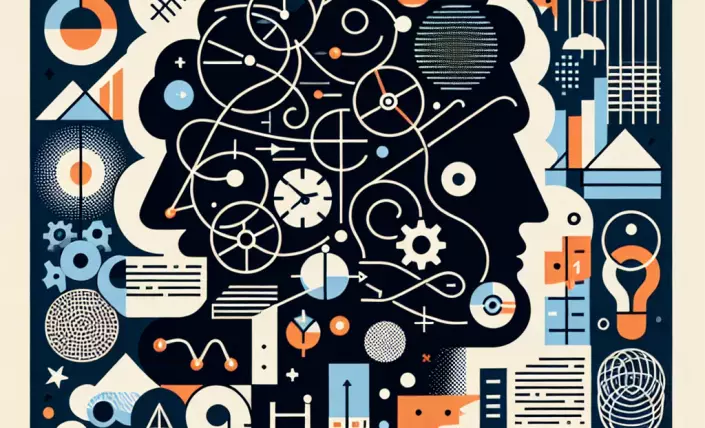In a world where chaos often seems to be the prevailing order, the teachings of Confucius offer a profound yet subtle framework for understanding how we might navigate the complexities of modern life. Confucius, a towering figure in Chinese philosophy, provides timeless insights into the nature of human relationships, ethics, and governance. While his ideas were formulated over two millennia ago, they continue to resonate, offering a lens through which we can examine and reflect upon our own existence.
Central to Confucian thought is the concept of 'Ren', often translated as 'humaneness' or 'benevolence'. It is the ideal of altruism and kindness that should govern human interactions. Confucius believed that a harmonious society begins with the individual, and it is through the cultivation of personal virtues that one contributes to the greater good. This notion challenges us to reflect on our daily actions and interactions. Are we acting with genuine concern for others, or are our motives self-serving? In an era driven by individualism and competition, revisiting the idea of 'Ren' encourages us to foster empathy and compassion, qualities that can be transformative in our personal lives as well as in the broader societal context.
Another pivotal element of Confucian philosophy is the emphasis on 'Li', which pertains to rituals, norms, and propriety. 'Li' is not merely about adhering to tradition for tradition's sake but is about cultivating a sense of order and respect within society. Confucius asserted that when individuals practice 'Li', they contribute to a harmonious social fabric where mutual respect and understanding prevail. This insight is particularly relevant today as we grapple with the erosion of civility in public discourse and the breakdown of communal bonds. By embracing the principles of 'Li', we are reminded of the importance of respect and decorum, urging us to engage with others thoughtfully and constructively.
The teachings of Confucius also revolve around the idea of 'Junzi', or the 'gentleman' or 'superior person', who embodies moral integrity and virtue. The 'Junzi' is not defined by social status or wealth but by character and ethical behavior. This concept challenges contemporary notions of success, prompting us to reassess what it means to lead a fulfilling and meaningful life. It calls us to evaluate our priorities, to consider whether our pursuits align with our values, and to strive for personal excellence rooted in virtue rather than material gain.
In reflecting on the philosophical tenets of Confucius, we are invited to engage in a deeper exploration of our role within the world. His teachings serve as a mirror, reflecting back to us the areas in which we might grow and evolve. They urge us to consider the impact of our actions not only on ourselves but on the community at large. By integrating the principles of 'Ren', 'Li', and 'Junzi' into our lives, we can aspire to create a more harmonious and empathetic world. Confucius' wisdom remains a beacon, guiding us toward a path of self-cultivation and ethical living, reminding us that our journey is not solely about personal fulfillment but about contributing to a greater collective harmony.










